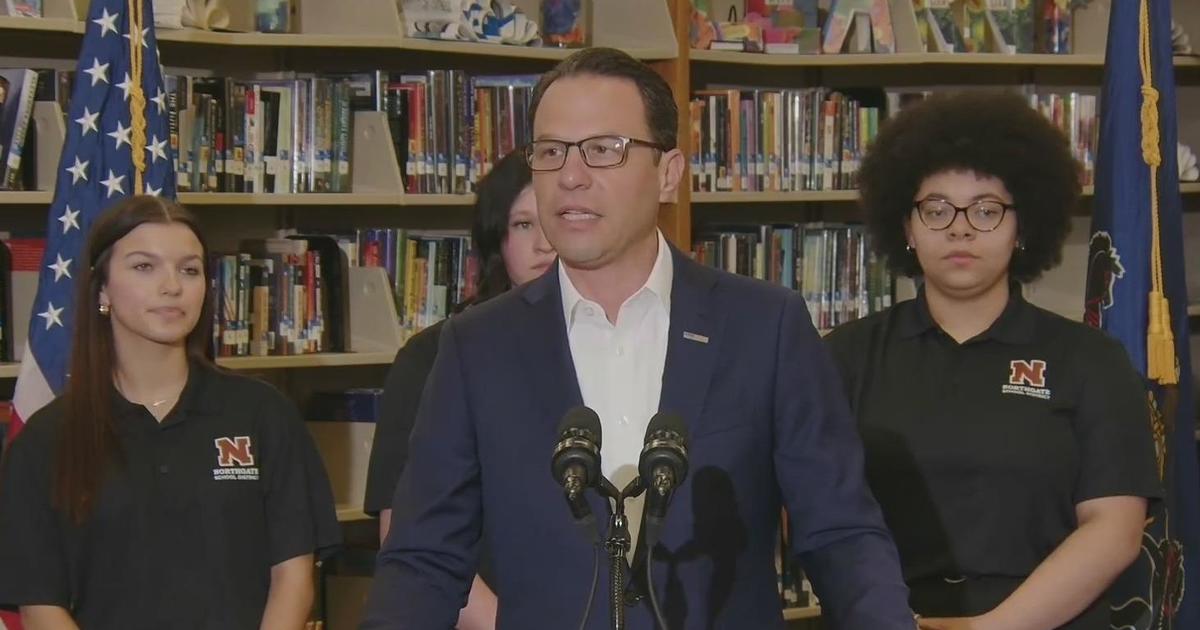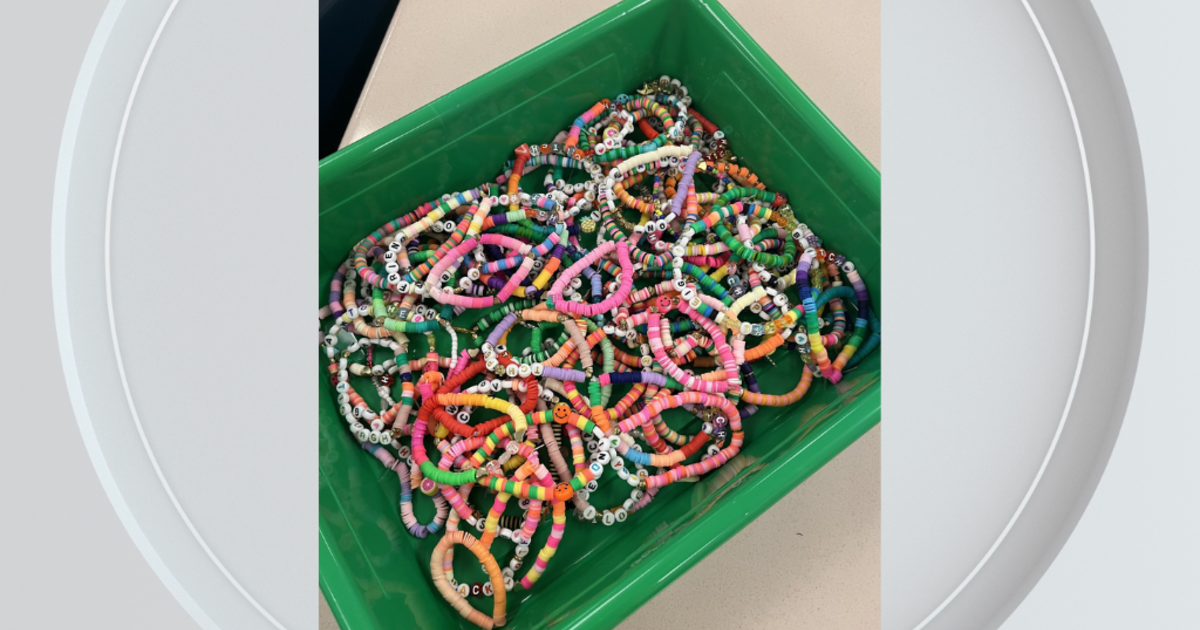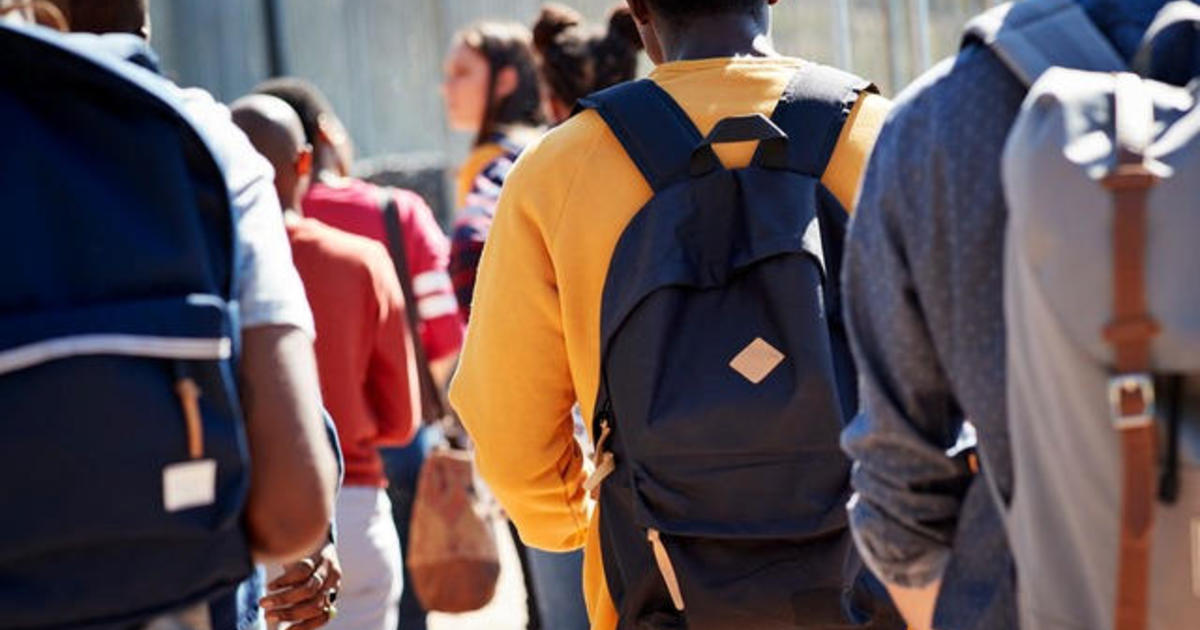Pa. School District In U.S. Supreme Court Seeking To Expand A School's Right To Discipline Off-Campus Student Speech
WASHINGTON, D.C. (KDKA) -- How far can school districts go in regulating the speech of students outside the school campus?
That's the question the U.S. Supreme Court addressed on Wednesday morning in a case involving a Pennsylvania school district.
"The issue is how much authority, if any, do schools have to regulate what kids say outside of school?" said Vic Walczak, legal director for the American Civil Liberties Union of Pennsylvania.
This case involves a 14-year old junior varsity cheerleader who used Snapchat on a weekend to express frustration at being rejected for varsity. She posted a picture using her middle finger with the caption, "'F school, F softball, F cheer, F everything,' except she didn't use 'F.' She spelled out the entire word," said Walczak.
The Mahanoy School District, near Wilkes-Barre, suspended her from all cheerleading for a year, and her parents sued and won with help from Walczak and the ACLU.
In the Supreme Court, the school district argued that the internet with social media extends the reach of schools to punish this conduct.
"When it comes to the internet, things like time and geography are meaningless," the school district's attorney Lisa Blatt told the Supreme Court justices. "And it makes absolutely no sense whatsoever to say that the same speech is somehow within the school's regulation if it's one foot on campus or one foot off campus."
Allowing schools to discipline student speech outside campus is a power grab, says Walczak.
"They could also censor any speech that a student makes that is considered controversial, unpopular, that is critical of the school," Walczak told KDKA's Jon Delano. "Young people need to have someplace in their lives where they have full free speech rights. And under the school's proposal, that would vanish."
Attorney Robert McTiernan, who has represented local school districts for over 30 years, hopes the Supreme Court will provide clear guidance to both districts and students.
"The internet substantially expands the ability for speech but also potentially for conduct like bullying and other things of that nature that could have a real adverse impact on the educational process," said McTiernan.
The ACLU agrees that bullying or terroristic threats can be discipline, but otherwise, Walczak says, students should be free to voice critical, unpopular, and even offensive opinions.
The Supreme Court will decide this case later this spring.



